
Gregory’s Page

A delightful, long poem telling the full story of the Pied Piper. Great for reading out loud to children. And much, much better than the Brothers Grimm version.
Best of all, it’s free. So why not download and give it a read today.


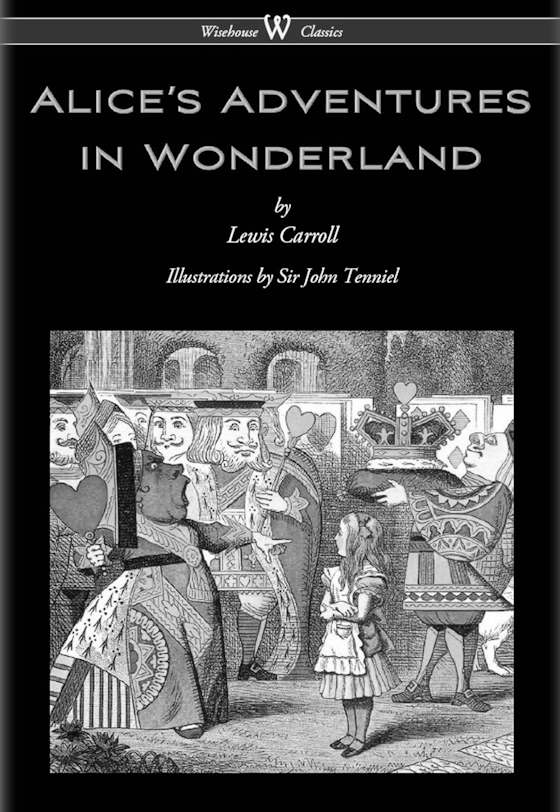 When i read this last time i never wrote a review for it: possibly because i’d only just written a review for Alice’s Adventures Under Ground and didn’t really see the need to say much the same for this book.
When i read this last time i never wrote a review for it: possibly because i’d only just written a review for Alice’s Adventures Under Ground and didn’t really see the need to say much the same for this book.
So what brings me to reading this book again and writing a review now, you may ask. Well, it’s because i just finished reading Heartless by Marissa Meyer and i so wanted to see how well it would flow into Alice’s Adventures in Wonderland if it was read as a prequel.
Now i’m certainly not saying that this book needs a prequel, but if it were to have one then Heartless has my full blessings to occupy that honoured place.
Yes, one can argue that Alice’s Adventures in Wonderland is a plenty wonderful book and stands perfectly alone without any need for a prequel, but, having just read Heartless beforehand as a prequel, i can fully attest that it makes for a much better reading experience if you do.
Here be some more “Alice and Wonderland” books.


My school house master, Peter Forest, who was also my maths teacher, one day stated in front of the whole class that i’d either grow up to be the next Einstein or a tramp, and that he feared it would most probably be the latter. Suffice it to say, i never did get around to doing that degree in theoretical physics. 
So when i found this book on Amazon it reminded me of Peter Forest and his condemnation of my future and was certainly instrumental in my purchase. I wasn’t disappointed, so thanks Peter.
The strange thing was the timing, as i let the “Infinite Improbability Drive” always select my next book from “The Pile” and it’s only been a couple of books since i finished Into The Wild, about Chris McCandless, AKA, Alexander Supertramp. This book certainly flows nicely on from that. It makes me wonder if Chris had actually read this amongst all the other books mentioned in his story.
William covers his adventures as a tramp during the late 1800’s, where he ventures far and wide. The funniest thing for me was that he was a trustifarian. I had no idea that these creatures existed back in the 1800, but it’s certainly true in William’s case, and he even admits it in the book.
When his grandmother died, instead of willing him her property, which she knew he would squander rather quickly, she instead put it into trust from which he was given an allowance. So off he goes to America, tramping around, living on hand outs and goodwill, while all the time his weekly allowance from his trust fund is being saved up for his return. And he can return at any time, by working cattle ships from Baltimore, and even getting paid while doing so.
Even later on when he gets back the England, he continues to drop out into his tramping lifestyle while his trust fund rebuilds his bank account in order to fund his next adventure. I wonder if William was the original trustifarian, were there others before him?
Without a doubt, a very good inside look into the mind and lifestyle of the typical trustifarian. But, on top of that, it’s a very revealing look into this odd sub-culture of the underclass of the age and the lifestyles they lead and how they managed to support themselves. Although, one can’t really get away from realising that most of these people were simply down where they were due to alcoholism, with every opportunity of spending any penny they managed to accrue on getting drunk always eagerly taken — no, nothing much changes.
Anyways, an enlightening piece of history of the Victorian age seen from a very different view point to the normal history books and biographies.


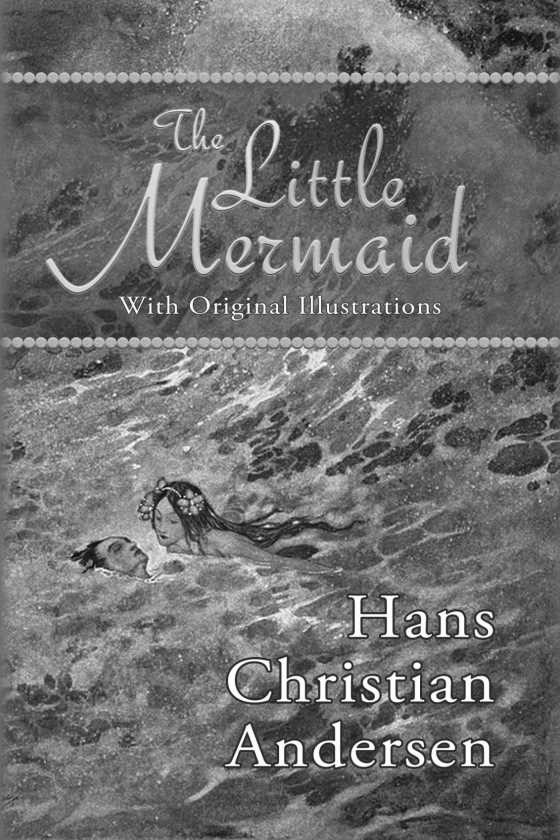 I decided i’d read this just to get my mermaid thing going before reading The Mermaid by Christina Henry.
I decided i’d read this just to get my mermaid thing going before reading The Mermaid by Christina Henry.
I have to say, i’m very disappointed.
Silly little girl falls in love with handsome prince who she can’t have because she’s just not good enough and he loves another, blah, blah, blah. So she has to die, like dead forever, because mermaids don’t have immortal souls like human beings do because they’re obviously just animals and Anderson obviously believes that animals don’t have souls and probably agrees with Descartes that you can even nail them to doors and dissect them without anaesthetic because they’re just soulless things unworthy of our consideration.
But wait, Hans gives this disgusting, soulless animal a chance, she can have legs to go on land and woo the handsome prince but she has to lose her voice by having her tongue cut out and suffer the pain of walking on knives for her whole life to do so. So desperate is this soulless creature that she agrees to this obscene torture. If she gets the prince to own her through marriage thus becoming a responsible pet owner for this soulless animal then god will bestow a soul upon this creature and it can live happily ever after as the sex slave of the prince. Otherwise she’s just going to be a bit of nothing floating on the wind for all eternity.
And then we’re told that if children are good then the little mermaid may still get a soul and go to heaven but if children are bad then she won’t. So if you you’re ever a naughty child, even for a moment, then you’re obviously a fucking evil little shit who hates mermaids. WTF!!! But mermaids are soulless animals who don’t get to go to heaven so its a bit confused as to whether a child should be worried about being good when its not actually the child’s fault in the first place that mermaids are soulless animals who god obviously hates and doesn’t want in heaven anyway.
Children should not have a sense of right and wrong built upon fairy tales, imaginary beings and/or other such nonsense. Because what do you think is going to happen when the child finds out that everything it believed you told it was true is a complete lie that you conjured up in order to hoodwink and con the child into behaving to your unreasonable demands?
I seriously would not read this to any child i had in my care. It’s disgusting, backward, patriarchal, god-grovelling drivel. Some books really should be burned and/or deleted.

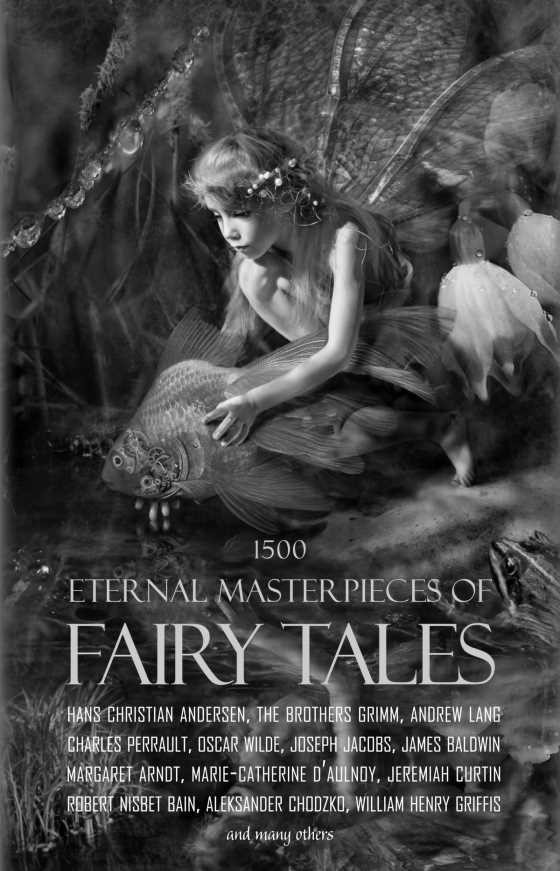 A wonderful collection. You never know when you might feel the need to read a fairy tale.
A wonderful collection. You never know when you might feel the need to read a fairy tale.

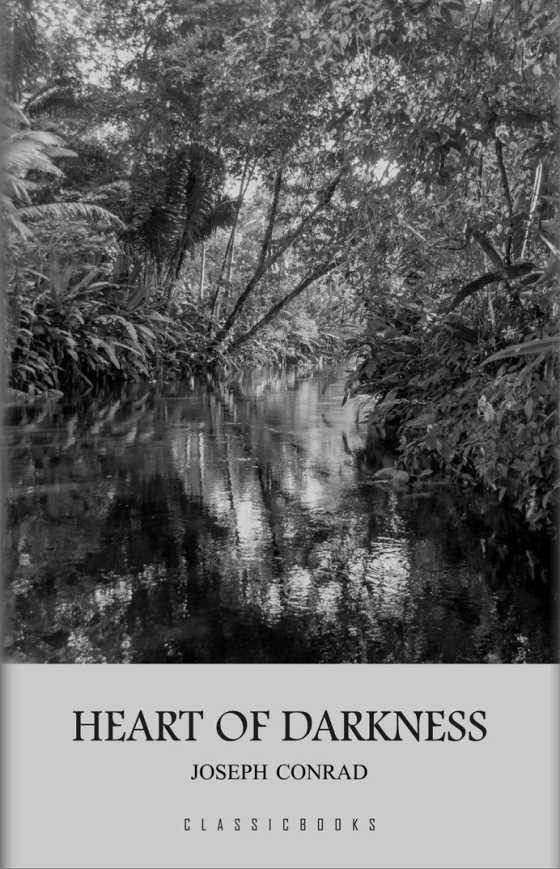 The book that inspired the film: Apocalypse Now.
The book that inspired the film: Apocalypse Now.
I read this book many, many years ago and i especially wanted to read it again before re-reading The Little Paris Bookshop. From my long ago memory of Heart of Darkness it struck me that there was something similar going on in the two books so i wanted to re-read both. More on the similarities in the next review, for this review i’m just sticking with Heart of Darkness.
So what did i think? It has the usual politically incorrect Victorian wording and attitude to non-Europeans, which tends towards appalling, even more so than usual as this book is mostly telling a story of the Belgian Congo when the Belgians were exploiting it and its peoples.
There’s a lot been said about this book, both good and bad, and you can read more on the wiki page if you want to know more.
For me, i’d like to see the glass half full with this one. Yes i understand the other side of the debate, and i most certainly do not condone any colonialism, i absolutely condemn it all, however; this book was written in the Victorian age and i do feel that if you are going to read Victorian literature then you have to lay aside your modern prejudices, morals, ethics, etc., and understand that the people writing it were victims and hostages of their own age as we are of ours. It’s not so much politically incorrect as it’s far more politically ignorant. And for me that is what a lot of this book is about: the political ignorance of the age.
Yes, Conrad uses words that are considered repugnant now, but they were not considered so when he wrote this. And its the words, i feel, that create the problem for a lot of people, allowing those to cloud their judgement of Conrad’s attitude and opinion. If you can take that step back and accept the words to be used as they were used in his age by white Europeans, only then can you see what Conrad was really saying when he wrote this book. You really cannot read this book as though it were written by someone in the 21st century for people in the 21st century. It’s a piece of history written a long time ago, read it as such.
So, if one considers the above, it is, i think, very clear that Conrad is very appalled with the worse of white Europeans descending upon the peoples of Africa appearing almost deity like — and exploiting that appearance to the maximum — simply due to their modern technology, their equipment, their immaculate white clothes in a hostile environment of sweat and mud. What chance would any person who has lived a natural life in a completely natural world have of remaining unaffected by the power and influence over the natural world that white Europeans had at their disposal?
Conrad makes clear that he alone, amongst the white Europeans on the boat, can see the humanity in the people’s of the Congo, while others would just consider them wild animals. How the sounds of the Congalese connected to a part of him, as only a human could connect to another human.
The only white person in the whole of Africa that Conrad wishes to speak to is Kurtz, the rest he seems to dismiss as arrogant fools and idiots who should never have been there.
One also has to remember that Conrad actually did go on this journey on a steam boat up the Congo to one of the inner stations, he witnessed what the Belgians were actually doing there, and he knew very well what Europe was being told about the people that lived there. The most telling part of this book is simply Kurtz’s last four words: “The horror, the horror!”
When Marlow, the protagonist, finally arrives home and meets Kurtz’s fiancé and she asks him what his final words were he cannot bring himself to tell her the truth because he feels it would crush her to know what he did in her name, as Kurtz only went there to win his fortune in order to be considered worthy to be her husband. One can quite clearly see the metaphor here, that Conrad himself, when he came back from the Congo, didn’t have anyone to speak to of the horror that he had witnessed being done in the name of the progress of European nations at the expense of those they dehumanise, oppress and treat no better than animals. There seems to me that if we place Conrad in Marlow’s place, we get to realise that when Conrad was in the Congo, he had no one to understand his feelings of horror, that he only wished to find one person amongst it all that he could talk to. And when he came home to Europe how was he to explain to the people of Europe the horror that was being done in their name by the worse of them that they would send to Africa on their behalf — and would they even want to listen?
So for me, this is what this book is, Conrad’s description of what he’d experienced in Africa that he felt no one would, or could, listen to; that he felt no one he knew would understand.
If only he could have found just one person at the end of his own journey to talk to who understood.
As i mentioned at the beginning, i was reading this before re-reading The Little Paris Bookshop, so please consider reading that straight after this. Some may think it’s a strange juxtaposition to make, but i think it works rather well.

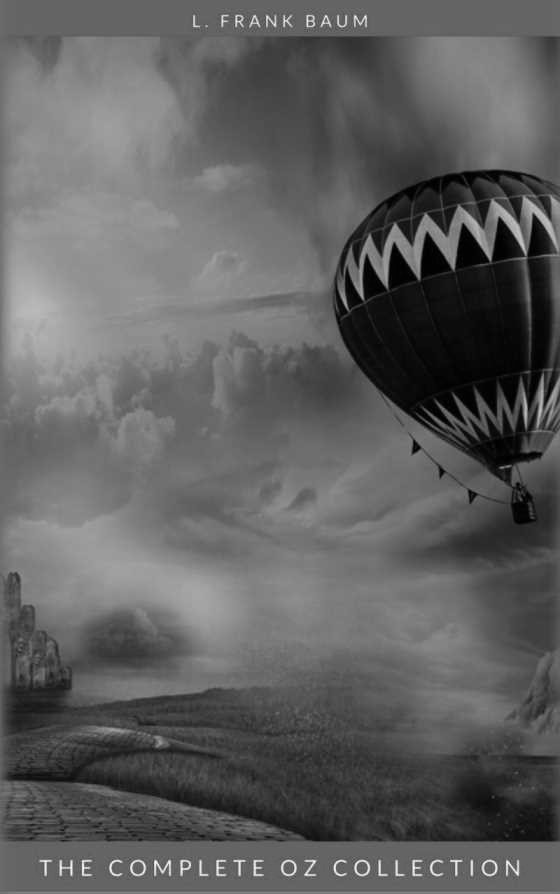 I’m quite looking forward to having a real big Oz binge someday in the future.
I’m quite looking forward to having a real big Oz binge someday in the future. 


 I read this when it first came out and it’s really good. So now the series has been finished i’m going to collect it and then have a total Oz binge with all the original stuff as well, like i did with Peter Pan and Alice. Looking forward to it.
I read this when it first came out and it’s really good. So now the series has been finished i’m going to collect it and then have a total Oz binge with all the original stuff as well, like i did with Peter Pan and Alice. Looking forward to it.

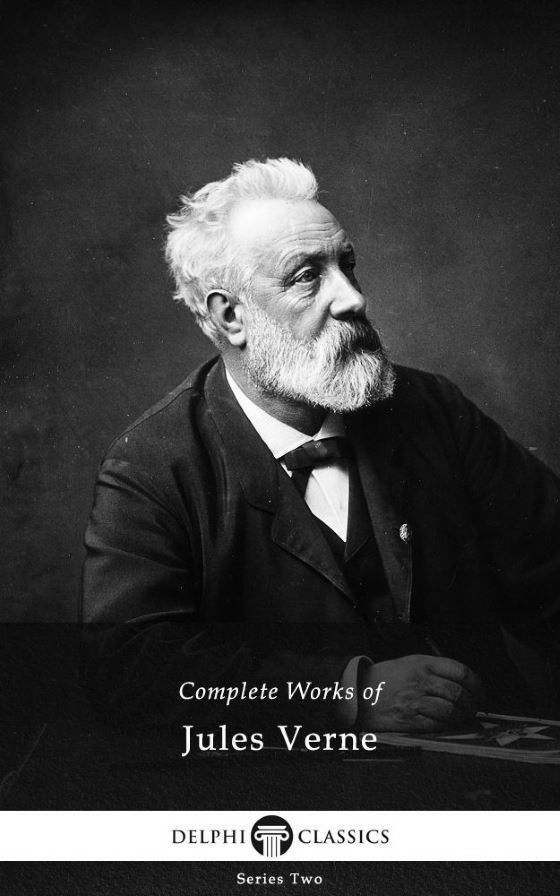 I do keep dipping into this and reading a story occasionally, but find it quite disturbing at times due to the racism so can only manage about 1 story a year at most. The view of Europeans back then towards Africa and its people was appalling, to put it mildly.
I do keep dipping into this and reading a story occasionally, but find it quite disturbing at times due to the racism so can only manage about 1 story a year at most. The view of Europeans back then towards Africa and its people was appalling, to put it mildly.
But it was what it was, and Jules is worth reading if you can get your head around the historical prejudices of his day. Where would steampunk be if not for writers like Jules Verne? And that’s who i would certainly recommend this to, anyone who has any love of ‘Steampunk’ should go back and read some of the earliest books of the genre, long before the genre even existed. Also good stuff for ‘Vic Lit’ fans too.


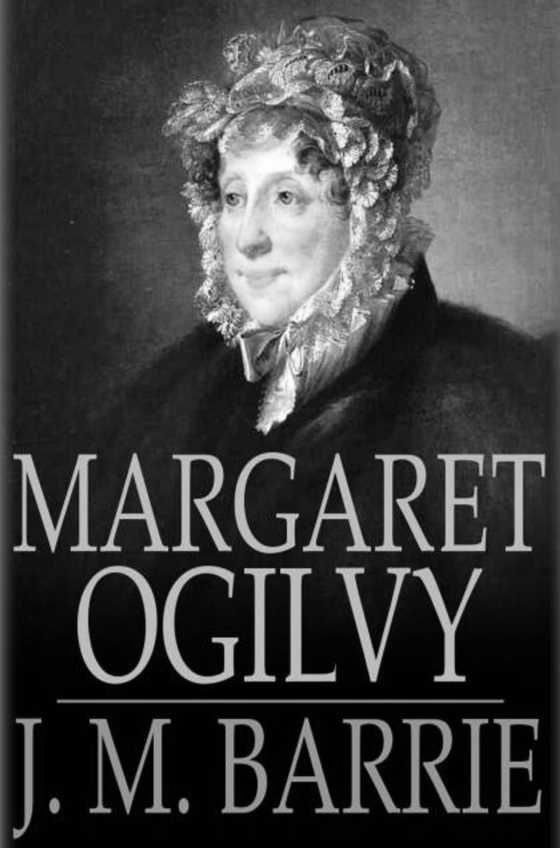 >Having just read The Little White Bird and Peter Pan, it struck me that there may have been a little more to the characters than at first appears.
>Having just read The Little White Bird and Peter Pan, it struck me that there may have been a little more to the characters than at first appears.
The character of Peter Pan was based on James’ brother, David, who died aged 13 (so never grew up), leaving the 6 year old James having to try and fill his shoes for his mother. So it made me wonder who Hook was based on. At first i thought Hook represented the parents but having read this book i’ve totally had a change of mind.
I suppose the clue is in Hook’s first name, also James. The hand that gets cut off by Peter, a metaphor for the part of James’ childhood, and life, that was taken from him the day his brother died. The hand is then fed to the ticking crocodile that follows Hook around wanting to consume the rest of him because it likes the taste — so is this another metaphor concerning the inevitable ticking clock of life, and that James felt the loss of his brother was continuously haunting and wanting to consume more of him and his family?
Then there’s Wendy, which having read this book cannot be based upon anyone other than Margaret Ogilvy herself. He mentions in the book how after his brother died, other local women who lost children would come to her to talk. Again, Wendy and the lost boys — the lost boys representing the children of the other women who went to join his brother David in heaven (Neverland).
But all that aside, this book was a heartfelt view into James’ home life and very much his relationship with his mother — who he obviously cared about immensely — and is an absolute must read for all fans of J.M. Barrie’s writing. The book also covers James’ early literary career and what made him want to become a writer. So a very worth while read.
So what’s next? After 3 books in a row, i’ll be taking a literary break away from Peter Pan, Neverland and J.M. Barrie as i’ve got a load of books on “The Pile” nagging to get read. But i’ll definitely be coming back to these three topics in my reading in the not too distant future.
Some more “Peter Pan and Neverland” books.

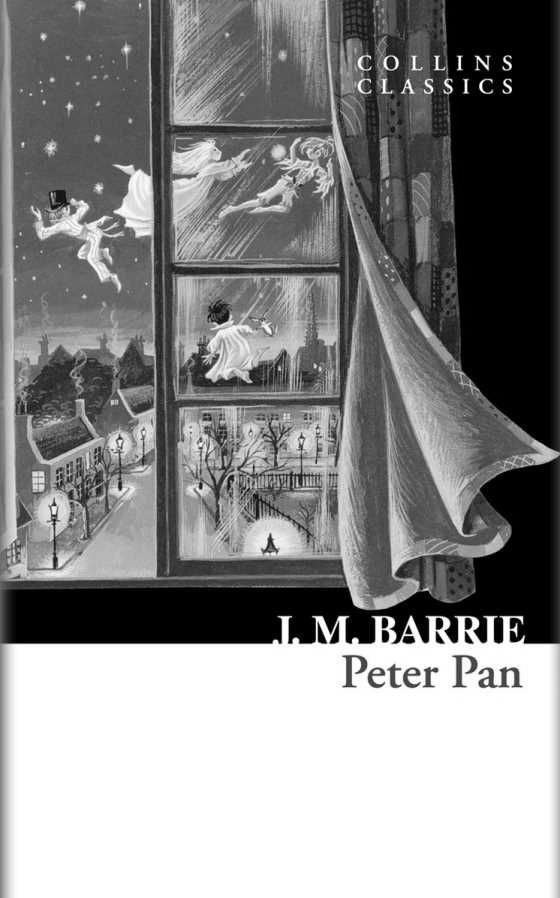 I’m quite confused by this story.
I’m quite confused by this story.
At 54 years old i really don’t remember Peter Pan from my childhood days, but i admit that i had the impression from films and things that he was quite a nice character — as was Tinkerbell. However, in this, the real story behind it all, Peter Pan isn’t really a nice character at all — and Tinkerbell certainly isn’t either.
Most of the time, Peter is nothing but a gloating little spoiled brat who always has to have his way else he spits his dummy out of his pram. And Tinkerbell, it has to be said, is a complete little bitch. But then you get moments in the story, in complete contrast, where the 2 of them are bestowed with all manner of wonderful virtues.
Who i did find interesting, however, was the character of James Hook, who was far more complex than the films, etc., would have us believe — frightened and out of his depth, yet somehow always managing to survive — until the end.
Apparently, the character of Peter Pan was based on Barrie’s older brother who died as a child, and therefore never grew up. So it does make one wonder just what Barrie thought about his older brother and how he was affected by his death and his parent’s attitude to it. He was 6 when his brother died and then sent away, from home to school, at 8. Barrie did write a biographical piece about his mother, Margaret Ogilvy, which maybe would unearth some clues, so i’m going to read that next to find out.
At the end of it, for now at least, i’m left thinking that this is nothing but a critique by Barrie of how his parents handled his brother’s death, and also parenting in general (as seems to be quite a bit of The Little White Bird). Although Barrie became a ward of other children, he never had any children of his own, so there is this to factor into these stories.
One of the things that also stands out for me, is how Peter chops of Hook’s hand and feeds it to the crocodile that is always ticking and haunting Hook for the rest of his life. Is this a metaphor concerning the death of his brother taking a piece of his parents with him and their inability to move on from the tragedy for the rest of their lives, forever ticking away reminding them of their own mortality? And Hook’s view towards the children maybe adds more clues.
At the end of the day, you can read Peter Pan as a shallow, children’s, make believe, bedtime story book, or you can look deeper into what Barrie’s drive was to write these books in the first place. It’s certainly very different to Lewis Carroll’s drive to write the “Alice and Wonderland” books — less said about that the better, i think. But whichever way you decide to read Peter Pan i think you’ll certainly enjoy it. It’s a beautifully written piece of Victorian literature that has stood the test of time and will undoubtedly stand up to a lot more time in the future.
As a bonus, this version of Peter Pan has a “Classic Literature, words and phrases” dictionary at the end (which is nearly as big as the book itself). So a great help for anyone wanting to have a good Vic Lit adventure.
Some more “Peter Pan and Neverland” books.


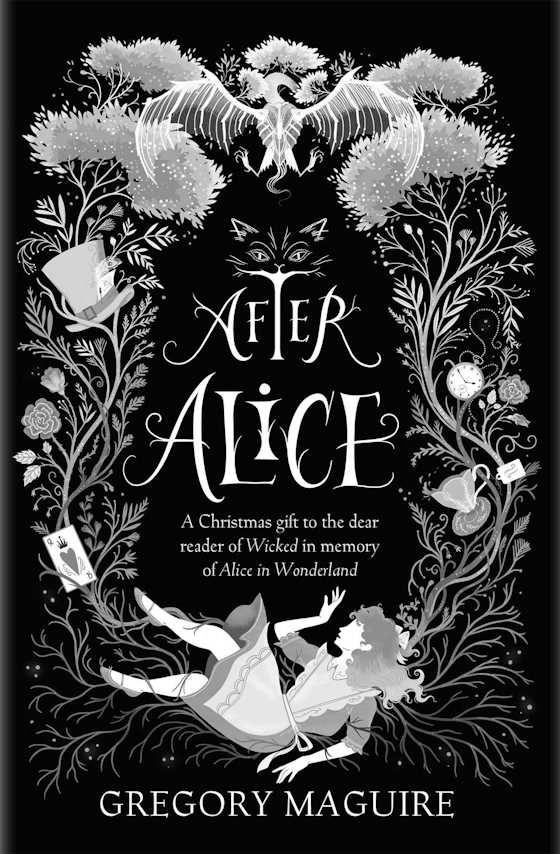 Reading other reviews one finds a lot of complaining about Gregory’s lexicon. While i can agree that Gregory does have a rather outdated lexicon, i think those who wrote those reviews are very much missing the point of Gregory’s writing. The Wonderful Wizard of Oz and Alice’s Adventures in Wonderland were very much books of the Victorian age and Gregory’s writing in his spin offs from both simply tends to keep with the language of that age and the words used — he is, after all, a Victorian spin off specialist so why be surprised at the Victorian use of words in his writing? I would definitely say that all the words i had to quickly look up on my Kindle were Victorian throw backs and to be quite honest they didn’t detract from Ada’s story at all for me. If anything, they brought a genuineness to Ada’s story in that they kept it within the upper middle class Victorian world in which this is set.
Reading other reviews one finds a lot of complaining about Gregory’s lexicon. While i can agree that Gregory does have a rather outdated lexicon, i think those who wrote those reviews are very much missing the point of Gregory’s writing. The Wonderful Wizard of Oz and Alice’s Adventures in Wonderland were very much books of the Victorian age and Gregory’s writing in his spin offs from both simply tends to keep with the language of that age and the words used — he is, after all, a Victorian spin off specialist so why be surprised at the Victorian use of words in his writing? I would definitely say that all the words i had to quickly look up on my Kindle were Victorian throw backs and to be quite honest they didn’t detract from Ada’s story at all for me. If anything, they brought a genuineness to Ada’s story in that they kept it within the upper middle class Victorian world in which this is set.
And i also find it nice to learn a few new (old and forgotten) words to baffle people with: pompous as accused by curmudgeons or simply having fun with language?
There are certainly worse writers out there for using overblown language, and they have no excuse at all for doing so as they are writing contemporary fiction, not Victorian spin offs.
If you can’t be bothered with a little Victorian style language then maybe this book isn’t for you. But if you can just accept it’s there for a valid reason and deal with it accordingly and enjoy expanding your vocabulary a little along the way then you’re in for a good yarn.
I read this immediately after reading the original 4 books on Wonderland and i felt it flowed really well from those.
Although, unlike the original Alice books, this book is certainly not for young children. It’s definitely aimed at a more mature audience: those who enjoyed Alice in their childhood who would like to revisit Wonderland as late teens and adults.
The story does end with several loose ends, which i hope means Gregory will be coming back to Wonderland in the future to finish these loose ends off.
I for one enjoy Gregory’s writing and will always be a fan of his books.
Here be some more “Alice and Wonderland” books.

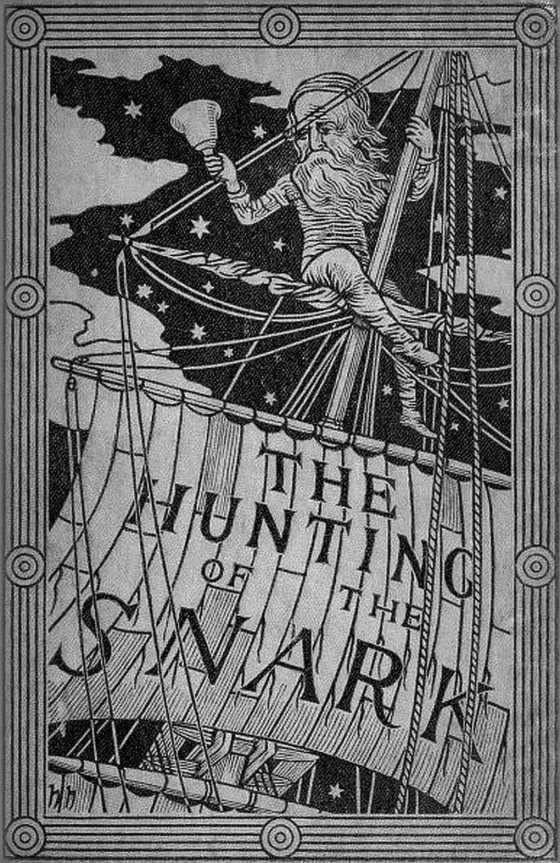 The last of the 4 books in the Alice series. Although it’s not actually about Alice because Carroll had stopped chasing after Alice Lidell at this point in time because Alice had grown tall. He had moved onto another young girl, i believe her name was Gertrude. So one wonders what he alludes to with the word, “Snark”.
The last of the 4 books in the Alice series. Although it’s not actually about Alice because Carroll had stopped chasing after Alice Lidell at this point in time because Alice had grown tall. He had moved onto another young girl, i believe her name was Gertrude. So one wonders what he alludes to with the word, “Snark”.
That aside, it’s a great poem, but the layout on this version leaves a lot to be desired. But it is a free version so shouldn’t really complain.
Would recommend paying a few pence for a version with a better layout if you do wish to read it.
Here be some more “Alice and Wonderland” books.

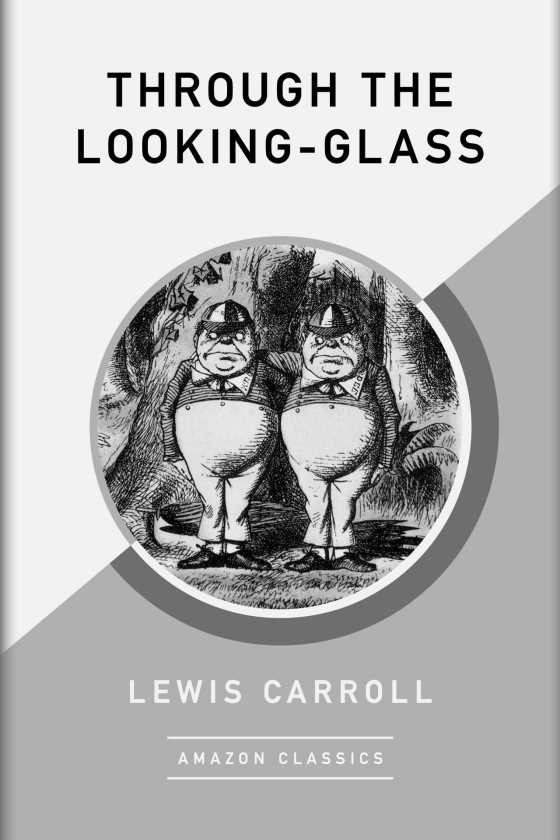 >As much as these are wonderful stories, if we just take them as stories, the tale behind them is, i think, a rather dark and disturbing one.
>As much as these are wonderful stories, if we just take them as stories, the tale behind them is, i think, a rather dark and disturbing one.
Who is this written for? Is it to confuse or calm the young girls that Carroll was chasing after? Or is it Carroll dealing with his demons? Or a bit of both?
Here be some more “Alice and Wonderland” books.

 I’m having an Alice binge at the moment and decided i needed to go back to the very beginning of the story to see how it came about.
I’m having an Alice binge at the moment and decided i needed to go back to the very beginning of the story to see how it came about.
This book is great, not just having the original story, but also letters to and from the author at the time. A very enlightening piece of literary history which puts the whole Alice and Wonderland thing into a somewhat disturbing perspective which i’ll let everyone else make their own minds up about.
Anyway, disturbance aside, i can’t change history, so i’m going to continue the journey and get straight into Alice’s Adventures in Wonderland, which is the re-written and added to edition for public consumption of this original which was written purely for Alice Liddell by Charles Dodgson (aka Lewis Carroll).
Definitely something all adults should go back and read — and maybe learn not to take things too seriously, or at least, at face value.
Here be some more “Alice and Wonderland” books.

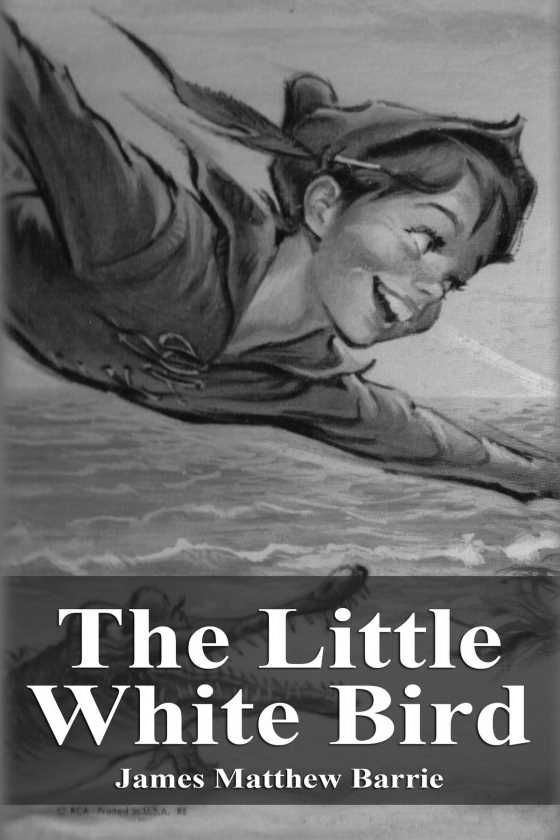 This is the very book wherein Peter Pan makes his first appearance. The parts within that include Peter Pan were later published as Peter Pan in Kensington Gardens which is not to be confused with the full Peter Pan story, which was subsequently published as Peter and Wendy or later, just simply, Peter Pan.
This is the very book wherein Peter Pan makes his first appearance. The parts within that include Peter Pan were later published as Peter Pan in Kensington Gardens which is not to be confused with the full Peter Pan story, which was subsequently published as Peter and Wendy or later, just simply, Peter Pan.
I know, it gets quite confusing tracking down the origins of these Vic Lit legends, you get the same shenanigans with Alice in Wonderland. But it does add a little challenge to your reading, which would normally just consist of buying a book you like the look of and reading it.
I’ve read in some reviews people saying they couldn’t understand this book and they kept on getting confused. Obviously they didn’t factor in that this is written in beautiful Victorian prose and is not some standard contemporary novel. I do feel that in order to fully enjoy Vic Lit then you really need to read a few books to get up to speed on the use of the language by these writers. Most of these books were written by very well educated Victorians, not the lower classes, and they used the language quite differently to how we use it today with words that have completely escaped the modern English lexicon altogether.
I do believe that anyone who will take a few books to adjust to Victorian prose will find the effort is well rewarded. Victorian prose is, to my mind at least, the most delightful and eloquent English prose i’ve ever read.
I digress, tangents become me, let’s to the story: The Little White Bird is, at it’s heart, a lost-love story that gets played out and revealed through the book. It has our ageing, bachelor protagonist getting caught up baby sitting a child that he never actually meant to get involved with, and having had no involvement with children before, can only cope with them by comparing them to his St. Bernard dog which, at times, he seems fairly certain is far superior in most respects. His adventures with the child, David, are where this book gets it’s other title — Adventures in Kensington Gardens — as they spend a lot of time there.
Throughout the beautiful Victorian prose there is an undoubted light heartedness and a certain tongue in cheekness to this book that is both captivating and enjoyable. And it’s descriptiveness of the habits of Victorian upper class children and their wards within Kensington Gardens at that time is delightful — Barrie is a master wordsmith.
Oddly, although it was the reason for reading this book in the first place, i found the Peter Pan bit — and it is only a bit — to be a tiny bit annoying; i became so enthralled in the every day descriptions of Victorian life around Kensington Gardens, and also our protagonist’s story, that i just wanted to get away from the habits of Peter Pan and the fairies and back to the habits of the humans and the aforementioned St. Benard. At the same time, it is also something i wouldn’t have wanted left out as it gives the full back story of Peter Pan, how he came to be and why he is like he is.
All in all, an absolute must for anyone who enjoys Victorian Literature, it really is an absolute gem. And also an absolute must for anyone who loves Peter Pan and wants the full history of the character in the context from which he first flew.
And did i mention, this Kindle version is completely free — what’s not to like?
Some more “Peter Pan and Neverland” books.
